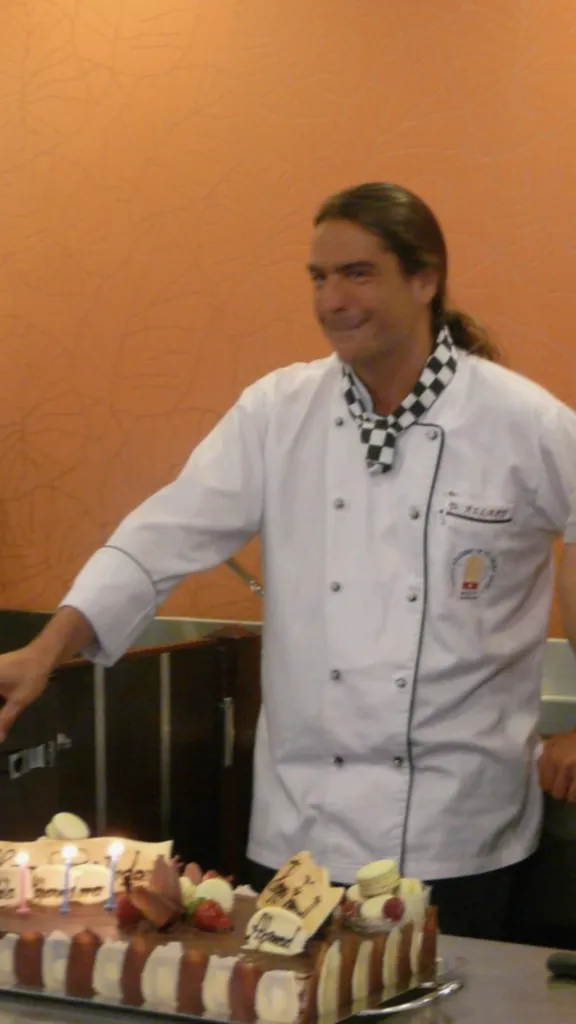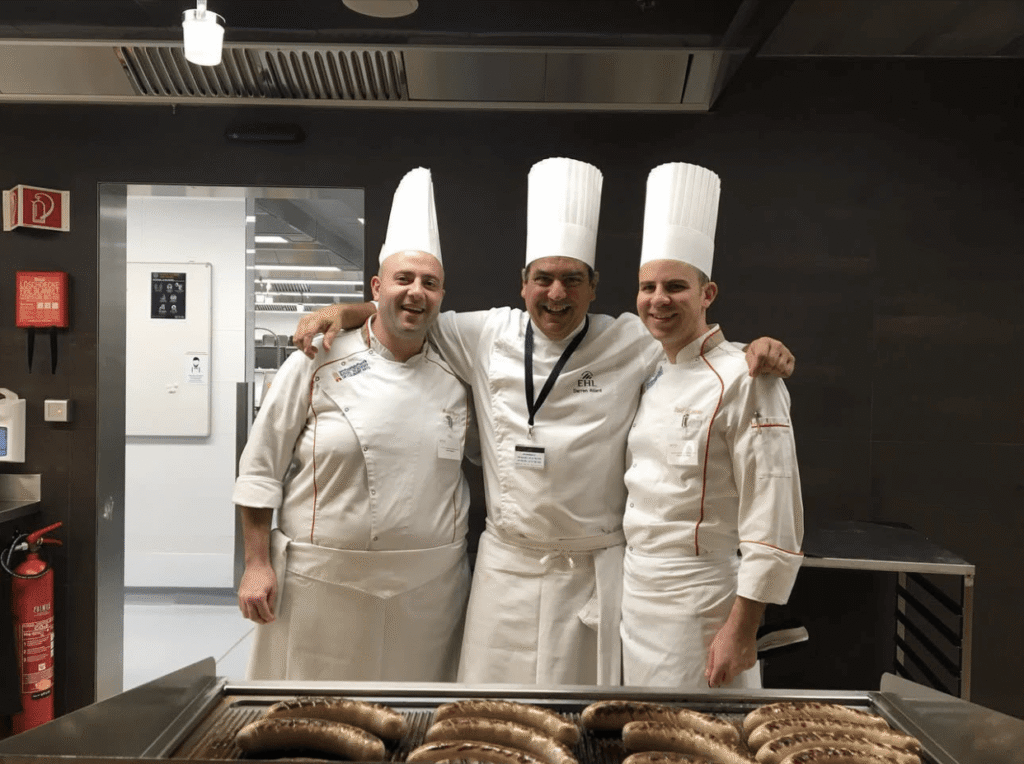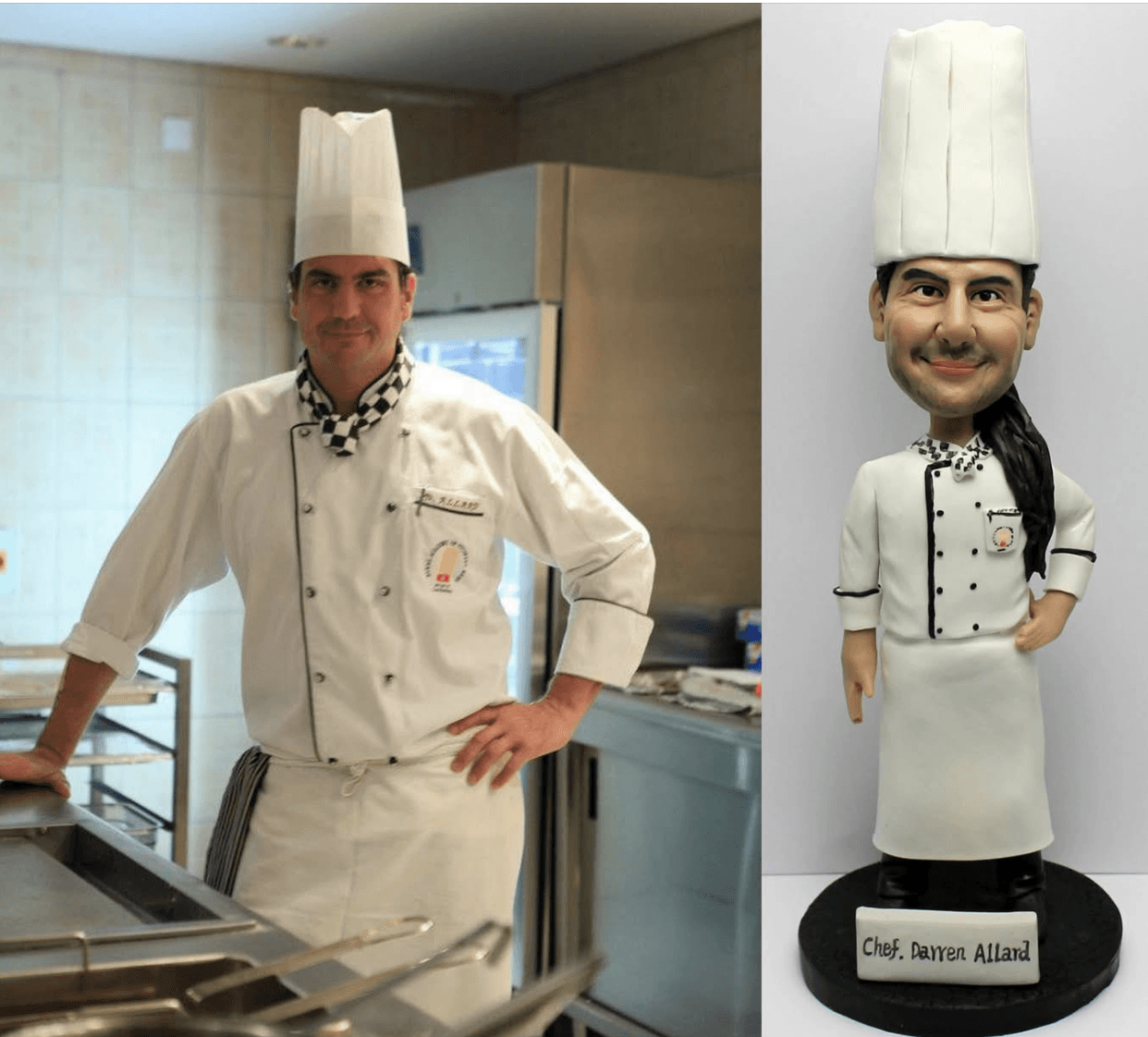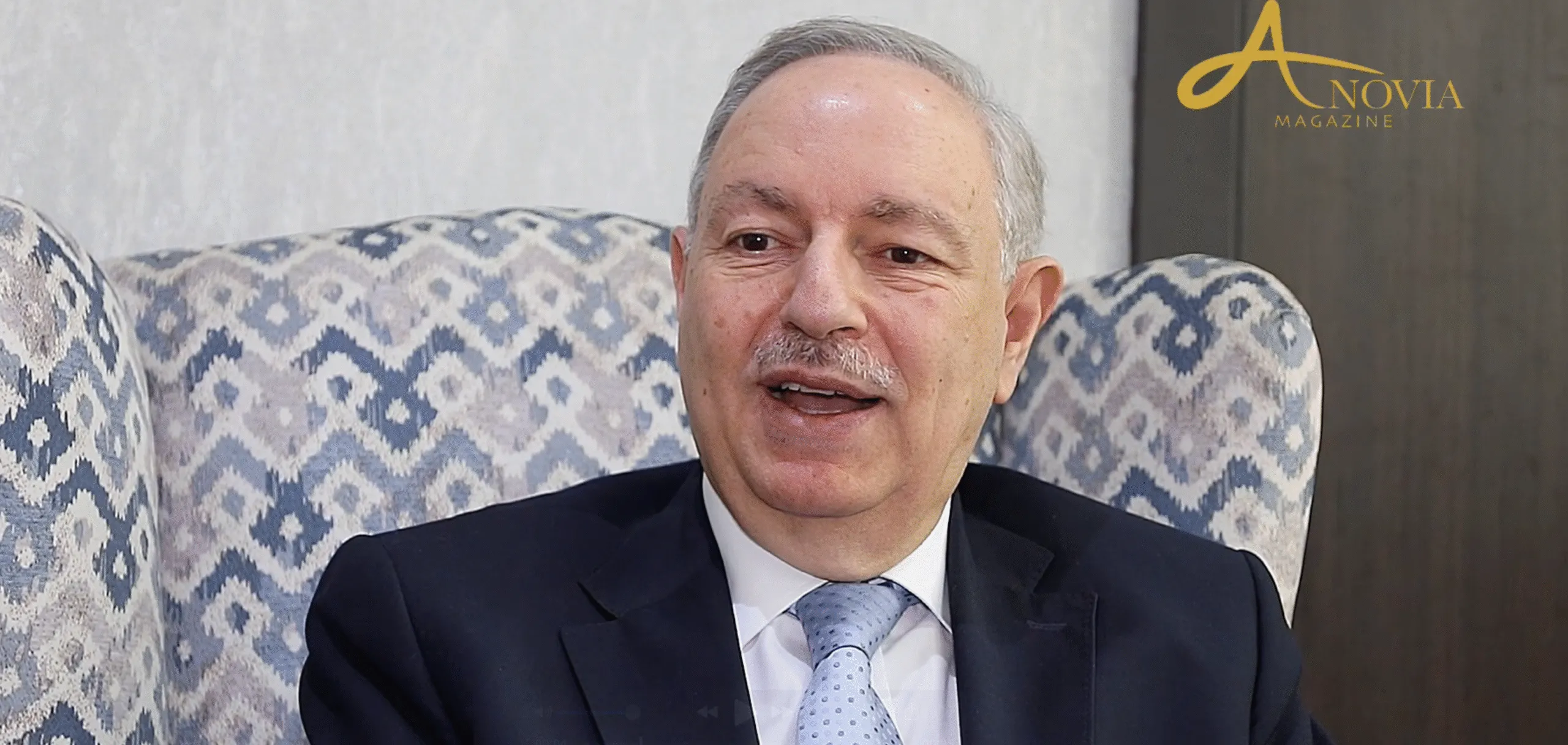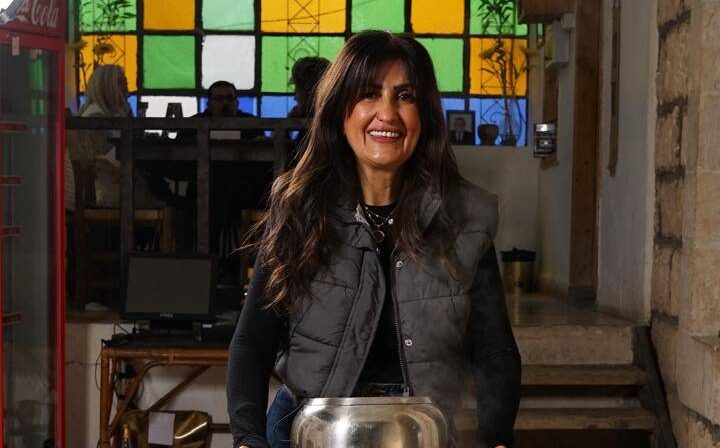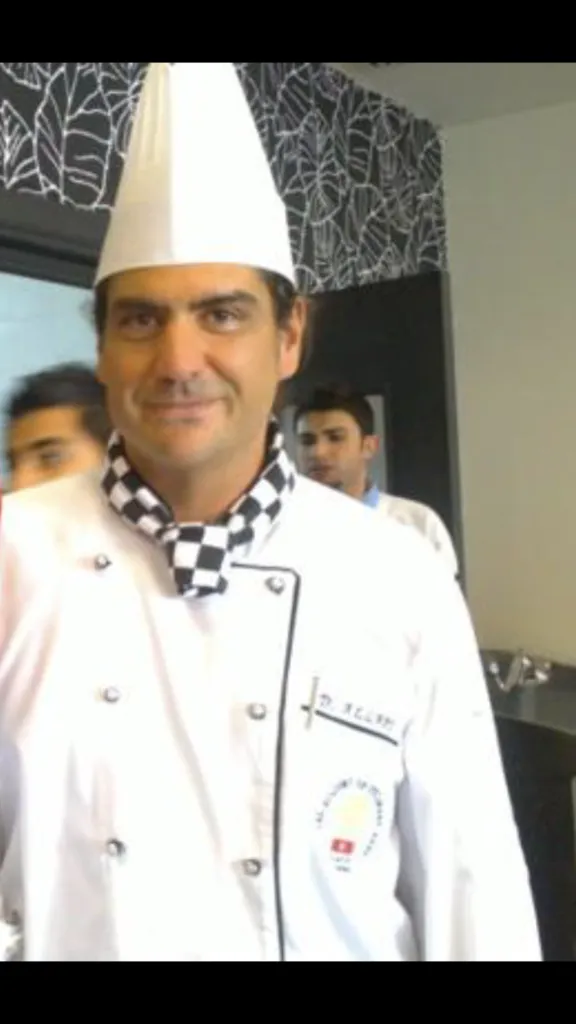
ANOVIA- Swiss chef Darren Allard, 58, who decided at the age of 17 to pursue a culinary career, taught at the Royal Academy of Culinary Arts (RACA) in Jordan from 2011 to 2013, where he inspired students, challenged societal misconceptions about the profession, and immersed himself in the country’s rich culinary traditions, from Mansaf, labneh and zaatar to shrak and generous local hospitality, an experience that profoundly shaped his identity as a chef and strengthened his belief in the power of chefs as cultural ambassadors.
Anovia interviewed him to share his experiences in Jordan and the lasting impressions the people, places and the Kingdom’s culinary traditions left on him.
Anovia: What inspired you to join the Royal Academy of Culinary Arts and dedicate yourself to teaching?
Chef Allard: Before joining the team at RACA, I managed a cooking studio in Zürich, Switzerland, where I worked as a moderator and culinary instructor. During those two years, I received many compliments on my teaching style and ease of presentation, which motivated me to apply for the position of Culinary Instructor in Jordan.
Anovia: How do you define the “culture of shame” around culinary professions, and what strategies did you use to challenge it?
Chef Allard: Of course, in many families—and not only in Jordan—there is pressure on children to pursue careers as doctors, lawyers, or other traditional professions. Yet over the past 35–40 years, the status of the culinary profession has risen dramatically, thanks in part to celebrity chefs who have built global enterprises, such as Marco Pierre White, Wolfgang Puck, Alain Ducasse, and Gastón Acurio. Popular cooking shows by figures like Anthony Bourdain and Gordon Ramsay have also elevated the profession, while regional icons such as Selma Abualia, winner of Top Chef MENA 2012, continue to inspire. Personally, I never saw it as a challenge; I decided at 17 to become a chef and always stood by that decision. Although the hours and pay are not always ideal, the personal satisfaction of creating, serving, and delighting others is unmatched, carrying with it an undeniable element of artistry.
Anovia: Can you share a memorable moment from teaching that showed you the impact you had on your students?
Chef Allard: During my two and a half years teaching at RACA, I was fortunate to build strong and lasting bonds with many of my students; relationships I still value to this day. One group in particular, the ‘Blue Team,’ consistently went out of their way to show their appreciation. They invited me on trips, hosted dinners, prepared thoughtful gifts, and even created a moving farewell video shortly before my departure. Experiences like these made my time at RACA deeply rewarding, filled with moments that I will always carry with me.
Anovia: How did your experience in Jordan influence your culinary perspective and personal journey?
Chef Allard: Jordan is a fascinating country with deep history, some of the deepest, and richest tradition. Culinary-wise, it is a true paradise, thanks to the plentiful produce grown in the north and the simple yet refined flavors of its regional specialties. I have been back in Switzerland for 12 years now, and I am still trying to find such delicious “delicacies” as labneh and zaatar, like the ones I enjoyed every day while living there
Anovia: What elements of Jordanian cuisine stood out to you the most, and why?
Chef Allard: Probably the most impressive element of gastronomy in Jordan, for me, was the generosity. I will never forget my first Iftar with Chef Lafi (RACA colleague) and the incredible buffet that was presented to us, delicious and beyond plentiful platters of food, with local olive oil, pomegranate seeds, and shrak.
Anovia: How important is cultural exchange in shaping the identity of a chef?
Chef Allard: The identity of a chef is indeed formed and shaped by experiences in a varied culinary world. This exchange of culture and flavors is crucial to the development of ideas and creativity, and my own personal identity has most definitely been influenced by the time I spent in Jordan.
Anovia: What advice would you give to young chefs who may face societal pressures or misconceptions about their career choice?
Chef Allard: Young chefs have the advantage of time. I advise them to be patient, to travel, and to learn as much as possible without being driven solely by power or money. Once valuable experiences are gained, the attractive opportunities will naturally follow. While society increasingly pushes away from gastronomy, partly due to its ‘inconvenient’ hours, this should never deter anyone from pursuing their passion.
Anovia: In your opinion, can chefs act as cultural ambassadors, representing their heritage and building bridges through food?
Chef Allard: Chefs around the world—not just in France—are acting as cultural ambassadors. Countries like Peru, India, Italy, Slovenia, and Mexico showcase how culinary traditions are both preserved and, in some cases, enhanced with new interpretations and presentations.
Anovia: How long was your stay in Jordan, and during which years did you live and work here?
Chef Allard: I lived in Jordan and taught at RACA from February 2011 until the summer of 2013. I truly regret leaving and wish I could have stayed longer, as the experience was life-changing, and the memories I made will always stay with me.
